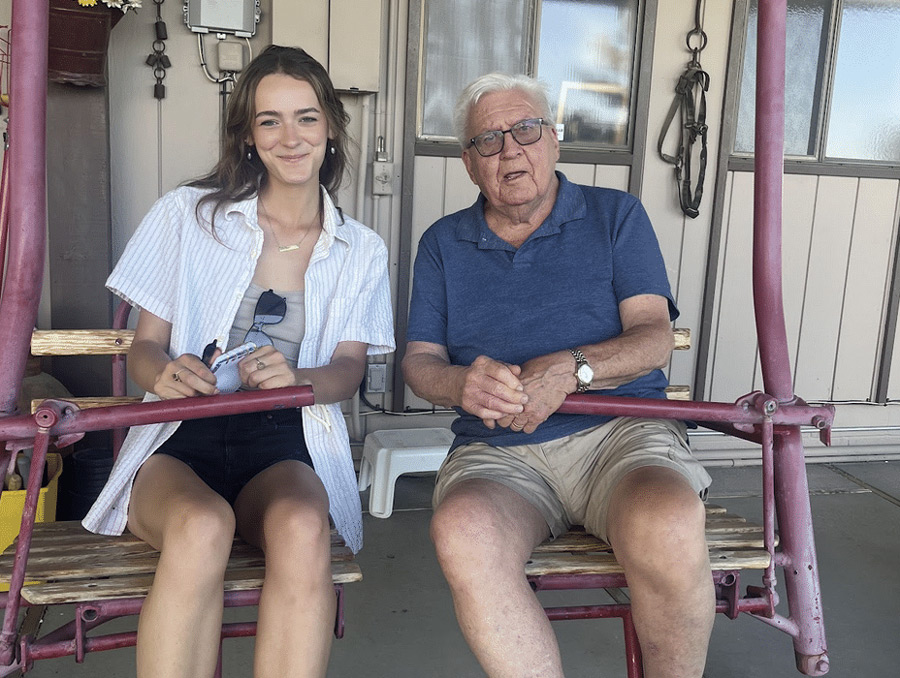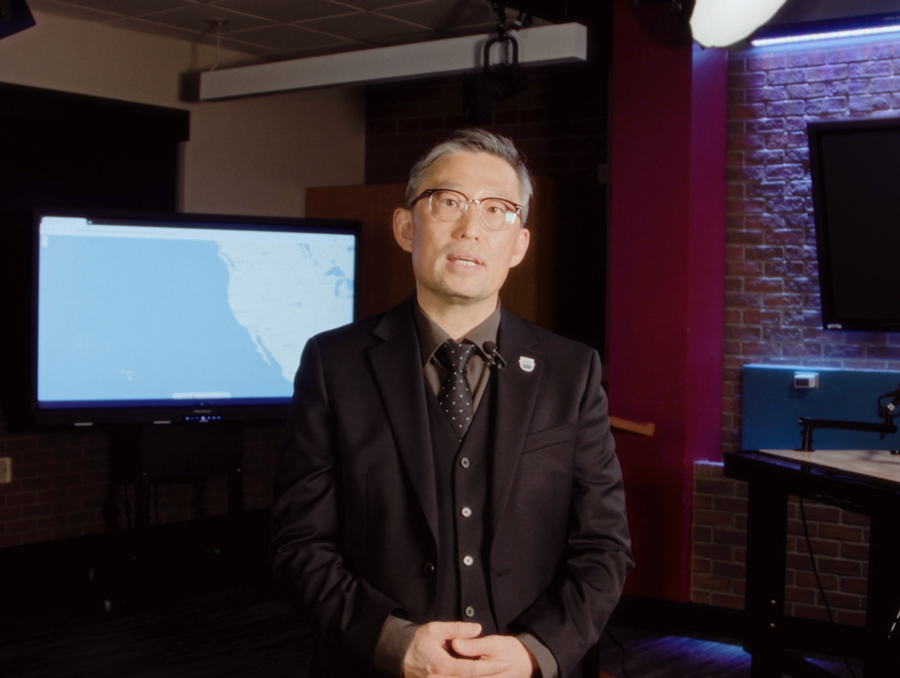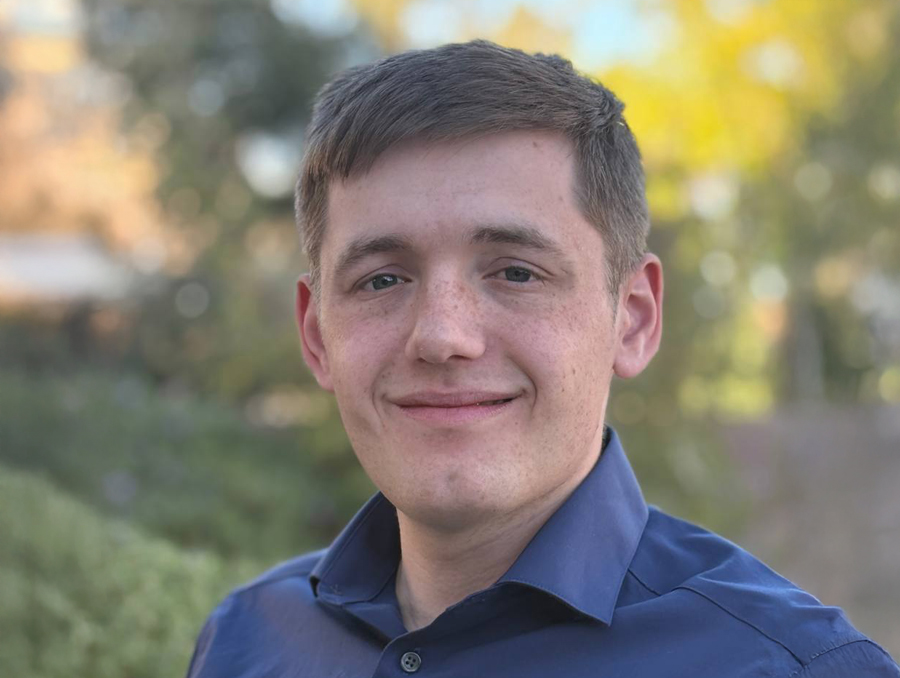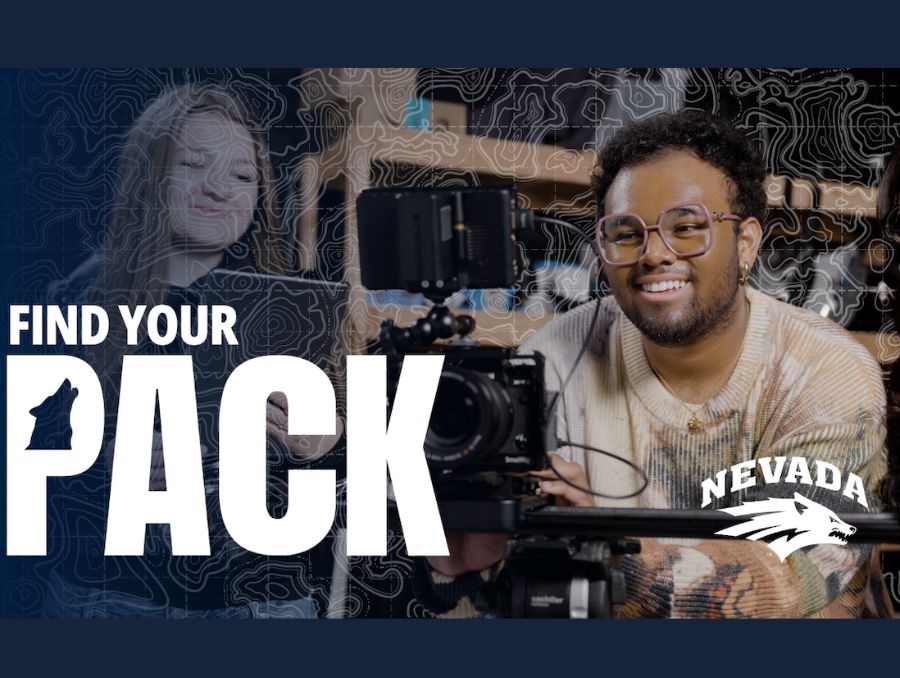This story was produced by the Sierra Nevada Ally, a nonprofit, nonpartisan news outlet focused on civics, climate, and culture. It is written by current University student E.M. Tomeo. It is republished here with permission.
As the 2024 Summer Olympics officially kick off Friday in Paris, local athletes Luke Hobson, Gabby Williams and Stephanie Rovetti will compete and attempt to win a gold medal. But, these athletes aren’t the only local representatives in France. Also across the Atlantic are 16 journalism students from the University of Nevada, Reno, there to capture these historic moments.
This crop of student reporters will have the opportunity of a lifetime, but they aren’t the first. The University of Nevada, Reno students have found themselves at the Olympics since Elvis Presley’s “It’s Now or Never” was No. 1 on the Billboard charts. When the 1960 Winter Olympics took place at Lake Tahoe 64 years ago, the University decided to send student reporters to gain firsthand experience.
Named the official “host-university” of the nearby Olympic Games, the University took a hands-on role at the international competition, according to Warren Lerude, editor-in-chief of The Nevada Sagebrush, the student newspaper, at the time.
Back then all it took was a letter with a detailed plea to help support college students of the host university and the collegiate paper was invited into the world of Olympic press coverage, Lerude added.
“Students were all up there!” said the now 86-year-old. “Everyone was doing odd jobs and helping out. They just wanted to be around the Olympics.”
Lerude was one of those students at those Summer Games. Upon graduation, he went on to join the Associated Press and then headed the Reno Gazette Journal before returning to the University as a professor. He’s since retired.
Creating memories for a lifetime
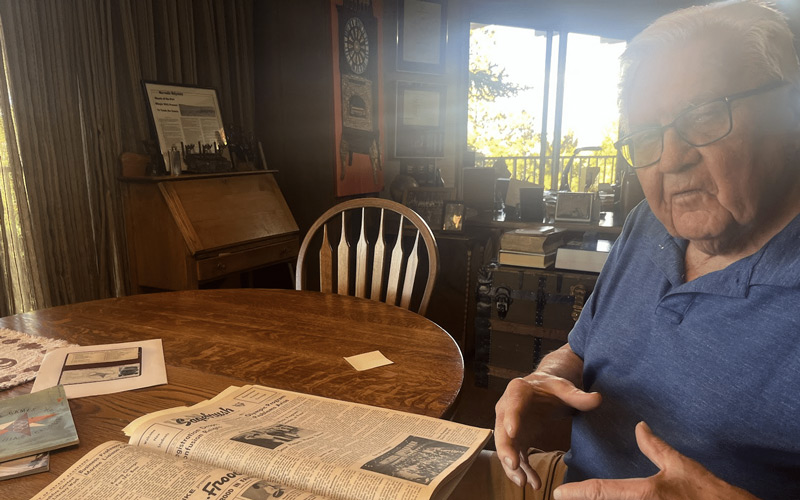
Warren Lerude explained that in his role as editor-in-chief of The Nevada Sagebrush in 1960, he spent time during the Olympics in Lake Tahoe writing and editing content for one of the issues.
From his house that overlooks Reno, including a distant view of the University, Lerude unveiled his collection of Olympic memorabilia, including an official press pass and a catalog of preserved Sagebrush issues from the former weekly print publication.
He flips through a cataloged book of newspaper clippings, skimming past a story about UNR hosting dances for visiting athletes. These stories and a carefully preserved Olympic program are relics of a bygone time.
As an enterprising young reporter, Lerude went to the Olympics with an open mind, especially those Winter Olympics. At the time, hosting the Winter Games outside of the Alps was a novel concept. In fact, Lake Tahoe beat out St. Moritz, Switzerland and Innsbruck, Austria.
“It was what the [people of the] Alps would have called ‘nowhere,’” Lerude said jokingly.
Lerude thought that there had to be a way to expand Olympic coverage outside of California, an area that felt remote to the rest of the winter sports world. Fortunately, 1960 became the first year that the Olympics would be televised within the United States, with a $50,000 contract for black and white coverage from CBS. These games weren’t just monumental for news coverage, however. They also left an indelible impact on those students who were there, including Lerude. Even after years of reporting on other subjects, some of Lerude’s fondest professional memories came from his time as a student reporter at the Olympics.
He mentioned the 1960 ice hockey matchup between the U.S. and the Soviet Union. The Soviets were favored, but the Americans upset them (and Canada) en route to a gold medal. It was the last time the Soviet Union would not win gold until the 1980 Miracle on Ice, another Winter Games in the U.S.
Lerude recalled people squeezing around the sides of that Tahoe arena as they attempted to catch – through the crowd of ticketed viewers – a glimpse of history in the making.
The win, and the uproar around it, was unexpected. Anticipating a Russian win, papers had already prepared stories to go out geared towards the Soviet team’s victory. With his press pass, Lerude witnessed crowds both inside and outside the arena cheering with each goal, and became one of the first reporters to have information on the true victor of the game.
“You could feel the emotional tension in the air.” Lerude said. “It was really the free world versus the totalitarian (one).”
Inspiring and motivating Univeristy of Nevada, Reno students for decades
From ice statues and the opening ceremonies choreographed by Walt Disney himself to the new concept of an outdoor skating arena, the 1960 Olympics boasted innovation and promise of endless stories for attending reporters.
“Everything up there (in Tahoe) was exciting,” Lerude said. “University students wanted to be up there doing everything. They were guiding traffic, helping with events. Everyone from Reno went.”
Lerude said he doesn’t believe he got lucky with acquiring a press pass. Writing a letter in request of one was simply something that not many people thought to do at the time.
But the practice of doing the unexpected and oftentimes overlooked act of working hard and being resourceful, is what he has worked to instill in the current journalism students covering the Games.
One difference between then and now though, is the preparation involved. There was no major plan for student reporters attending the Olympics in 1960. The excitement around the events was palpable enough that no one needed to be assigned a role.
“There wasn’t any prep,” the veteran news journalist said. “We simply said ‘the Olympics are coming, go cover it.’”
That same interest and anticipation is reflected in the students attending the Paris 2024 Olympics – myself included – but with the Internet, we can all plan several solo and group projects far in advance.
Aside from those plans, Lerude genuinely hopes that students are ready for the awe of it all – because even after every event has concluded and their stories are published, the memories will always remain.
“The most exciting thing was simply being there,” he said.
